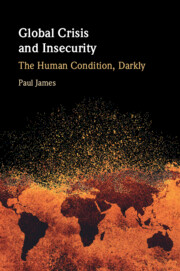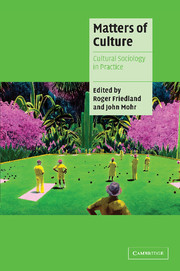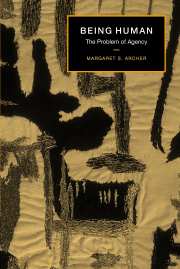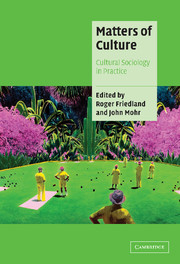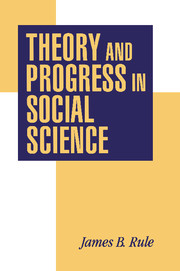Global Crisis and Insecurity
From the dropping of an atomic bomb on Hiroshima, to the escalating effects of climate change, public consciousness of existential threat waxes and wanes. Despite the occasional intense capacity to imagine the global consequences of our cumulative actions, we seem to lack a collective will to act alternatively and systematically to conserve the fundamental conditions for human life. This book confronts the basic challenges of insecurity, violence, genocide, refugee displacement and technoscientific intrusions on embodiment and identity – but it also points to other worlds that are possible. It argues for an engaged cosmopolitanism, grounded in place and guided by local and global debates around principles of what constitutes good ways of living. In order to create a positive change, we must better understand the human condition in crisis, the causes of the global crisis and the possible pathways to human flourishing.
- Whilst many commentaries tend to be focussed specifically on climate change, this book develops a critical, integrated, and theoretical approach to understanding the meaning and consequences of the global crisis
- Brings a cultural-political orientation to bear on the global crisis, widening the horizon of explanation beyond the pressures of rapacious capitalism
- Develops a bold alternative method for projecting what an alternative world might look like and makes positive projections about what could be achieved by people working positively and creatively together
Reviews & endorsements
‘Global Crisis and Insecurity is the long-awaited third volume in Paul James' triptych on the theory of abstract community and, in many ways, it is the most challenging, disturbing, and rewarding of the three. It is at once a treatise on the human condition, replete with all the dark shades conjured by the Book of Corinthians, by Arendt and by Bergman, and yet, crisis motif acknowledged, it is not a jeremiad. Indeed, the author is at pains to advocate alternative ways of thinking and practising in an unsettled world.' Barrie Axford, Author of Populism Versus the New Globalization
‘Beautifully written and conceptually intricate, James's Global Crisis and Insecurity neither wills away the destructive crises of what has come to be known as the Anthropocene nor exits the series of catastrophes by condemning or celebrating humanity, philosophy or life. This book maps out a series of passed and present prognoses and transforms how 'the human' might be given sense and praxis in a posthuman age.' Claire Colebrook, Author of Death of the PostHuman: Essays on Extinction
‘At once fierce and gentle, Paul James' analysis of the current contours of crisis revalorizes the human without falling prey to anthropocentrism. Carefully diagnosing the state of the relationship between the planet and the globe, James finds resources for alternative living in the darkest of times. Global Crisis and Insecurity is as brilliant as it is brave, unafraid to shatter orthodoxies both conventional and hip in seeking a way to a better world.' Brett Neilson, Author of The Rest and the Best
Product details
June 2025Paperback
9781009614276
388 pages
230 × 152 × 20 mm
0.556kg
Available
Table of Contents
- Preface
- Part I. The Dark Matter of Our Time:
- 1. The future of humanity does not look good
- 2. Redefining basic concepts
- Part II. Confronting Global Contradictions:
- 3. The existential unsettling of security
- 4. Descending into postcolonial violence
- 5. Disrupting the hopes of reconciliation
- 6. Dehumanizing refugees
- 7. Abstracting embodiment
- Part III. Struggling for Positive Human Development:
- 8. The ontological weight of human security:
- 9. Reconsidering humanitarian intervention
- 10. Creating capacities for human development
- 11. Bringing Cosmopolitanism down to earth
- 12. Moving towards a manifesto
- Appendix: a note on method
- Glossary for engaged practice
- References.

